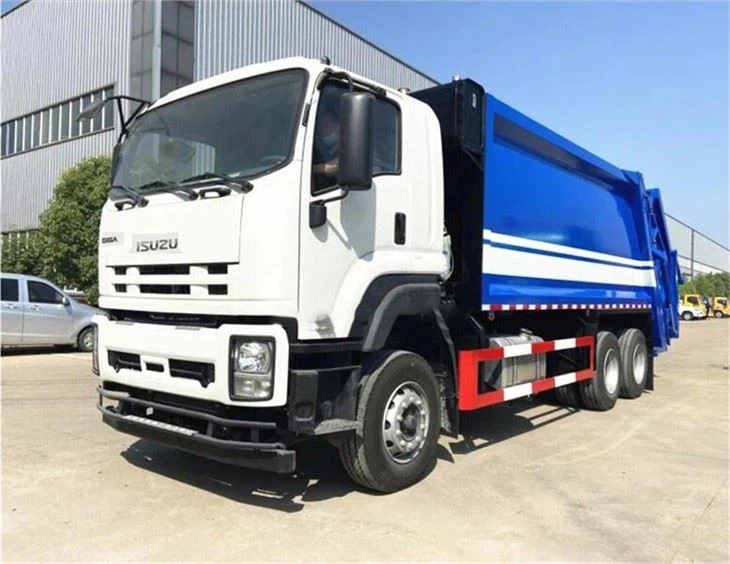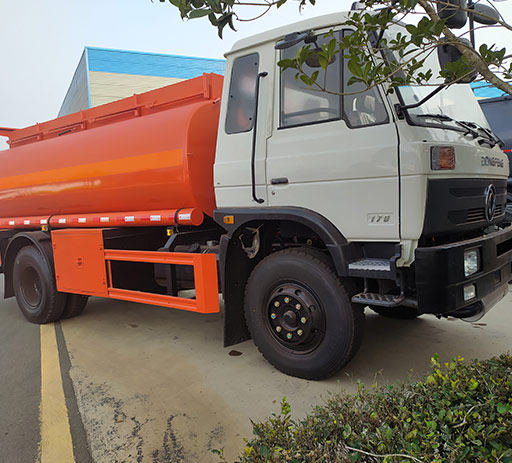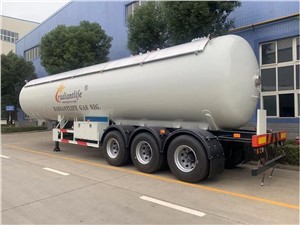Everything You Need to Know About Truck Lorries

Introduction
Truck lorries are vital players in today’s logistics and transportation industry. They come in various shapes and sizes, each designed to carry specific loads across different terrains. Understanding the different types, their uses, and essential maintenance tips is crucial for drivers, fleet managers, and logistics planners alike. In this comprehensive guide, we will explore everything related to truck lorries—from their design and functionality to their economic impact in transportation. Whether you are a trucking enthusiast or someone considering entering the trucking business, this article will provide valuable insights.
What is a Truck Lorry?

A truck lorry, often simply called a lorry in British English or a truck in American English, is a motor vehicle designed primarily for transporting goods. They come in various configurations, including flatbeds, box trucks, and refrigerated vehicles. The primary purpose of a truck lorry is to move freight efficiently from one location to another.
Types of Truck Lorries
Truck lorries can be categorized based on their design and purpose. Here are the main types:
1. Flatbed Truck Lorries
Flatbed lorries are designed with an open platform and no sides or roof. They are ideal for transporting items that are too large for enclosed trucks, like construction materials or heavy machinery.
2. Box Truck Lorries
Box trucks have an enclosed cargo area, providing better protection for goods. They are commonly used for moving household items or delivering products.
3. Refrigerated Lorries
Refrigerated lorries, often called reefer trucks, maintain low temperatures for transporting perishable goods like food and pharmaceuticals.
4. Dump Trucks
Dump trucks have a bed that can be raised to dump its load. They are commonly used in construction and mining to carry sand, gravel, and other loose items.
5. Tanker Lorries
Tanker lorries are specially designed to transport liquids, such as beverages, chemicals, and petroleum products.
Truck Lorry Specifications
The specifications of a truck lorry can vary significantly based on its type. Here are common specifications you might encounter:
| Specification | Typical Value |
|---|---|
| Payload Capacity | 5-30 tons |
| Engine Size | 4-15 liters |
| Fuel Type | Diesel, Gasoline, Alternative Fuels |
| Length | 7-25 feet |
| Width | 6-8 feet |
The Economic Impact of Truck Lorries
Truck lorries are indispensable to the global economy. They play a critical role in logistics, providing the backbone for supply chains across industries. Here are some key economic impacts:
1. Job Creation
The trucking industry employs millions worldwide, from truck drivers to logistics managers. This job creation helps support local economies.
2. Transportation of Goods
Truck lorries move approximately 70% of all freight transported in the U.S. alone. Their versatility makes them crucial for both local and long-distance transport.
3. Influence on Retail Pricing
The efficiency and punctuality of trucking directly affect retail pricing. Reliable truck lorries help maintain a steady supply of goods, influencing market prices positively.
4. Infrastructure Development
Increased demand for truck transportation leads to investments in infrastructure, such as roads, bridges, and rest areas, benefiting the overall economy.
Best Practices for Maintaining Truck Lorries
Regular maintenance of truck lorries ensures safety, reliability, and longevity. Here are practical tips for maintaining your lorry:
1. Regular Inspection
Conduct regular checks for brakes, tires, and lights. Use a checklist to ensure all components are functioning correctly.
2. Oil Changes

Change the engine oil every 5,000 to 10,000 miles or as recommended by the manufacturer. This helps maintain engine performance.
3. Tire Maintenance
Check tire pressure regularly and replace tires as needed. Proper tire maintenance improves fuel efficiency and safety.
4. Brake Checks
Inspect the braking system every few months. Ensure brake pads, discs, and fluid levels are in good condition.
5. Clean the Truck
Regular cleaning prevents corrosion and enhances the vehicle’s lifespan. Maintain both the exterior and the interior of the truck.
Truck Lorries and Technology
Modern technology has revolutionized the trucking industry. Here are some advanced technologies that enhance the efficiency of truck lorries:
1. GPS and Navigation
GPS technology helps in route optimization and tracking, reducing delivery times and fuel costs.
2. Telematics
Telematics systems monitor vehicle performance and driver behavior, allowing companies to make data-driven decisions that increase efficiency.
3. Automation
Automated trucks are being developed, promising to reduce labor costs and increase safety. However, full automation is yet to be widely adopted.
4. Electronic Logging Devices (ELDs)
ELDs help track driver hours to ensure compliance with regulations, improving safety and reducing fatigue-related accidents.
Safety Regulations and Compliance
Truck lorries must adhere to numerous safety regulations to ensure the safety of drivers and the public. Here are key regulations:
1. Licensing Requirements
Drivers must obtain the appropriate Commercial Driver’s License (CDL) to operate a truck lorry, which requires meeting specific training and testing standards.
2. Vehicle Maintenance Regulations
Regulatory bodies mandate regular inspections and maintenance to ensure that trucks meet safety standards.
3. Hours of Service (HOS) Regulations
Drivers are required to follow HOS regulations to avoid fatigue-related accidents. These regulations limit the number of driving hours and require rest breaks.
The Future of Truck Lorries
The trucking industry is poised for changes influenced by innovation and market dynamics. Here are some trends to watch:
1. Electric and Hybrid Trucks
As environmental concerns grow, the demand for electric and hybrid trucks is increasing. They promise reduced emissions and lower fuel costs.
2. Enhanced Automation
Automation will likely become more prevalent, with companies seeking ways to increase efficiency and reduce driver shortages.
3. Increased Use of Data Analytics
Organizations will rely more on data analytics for predictions and improved decision-making, enhancing operational efficiency.
4. Sustainable Practices
Companies are adopting sustainable practices, from efficient routing to using alternative fuels, aiming to reduce their carbon footprint.

FAQs About Truck Lorries
1. What is the difference between a truck and a lorry?
While “truck” is commonly used in American English and “lorry” in British English, they refer to the same type of vehicle designed for transporting goods.
2. How do I choose the right truck lorry for my business?
Consider factors like the type of goods you’ll transport, load capacity, and whether you need an enclosed cargo area. Assess your budget and operational needs as well.
3. How often should I maintain my truck lorry?
Follow the manufacturer’s recommendations for maintenance schedules. Regular inspections should be performed every few months, with oil changes and tire checks done as needed.
4. What are the environmental impacts of truck lorries?
Truck lorries significantly contribute to carbon emissions; however, the industry is moving towards greener technologies like electric and hybrid trucks to mitigate this impact.
5. What certifications are needed to operate a truck lorry?
A driver must obtain a Commercial Driver’s License (CDL) that varies by state or country, requiring specific training and passing tests.
6. Can truck lorries be used for international transportation?
Yes, many truck lorries are equipped to transport goods internationally, but they must comply with the regulations and customs procedures of different countries.
